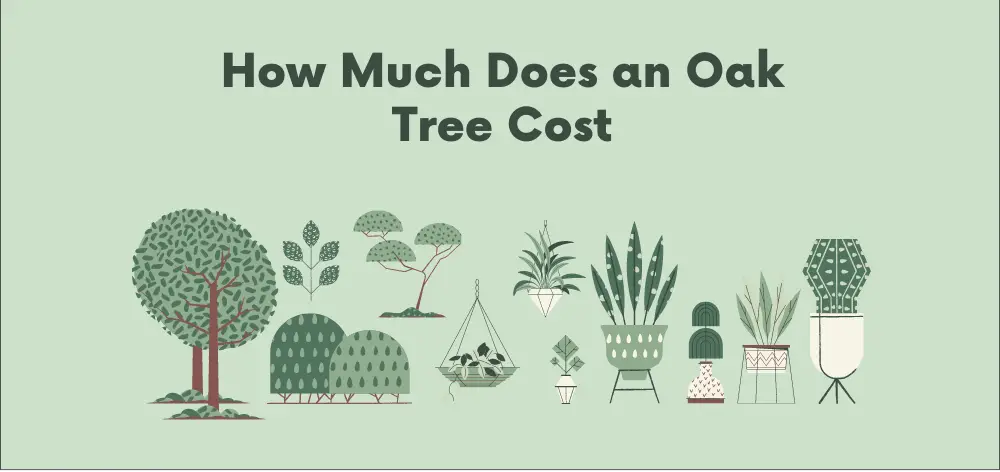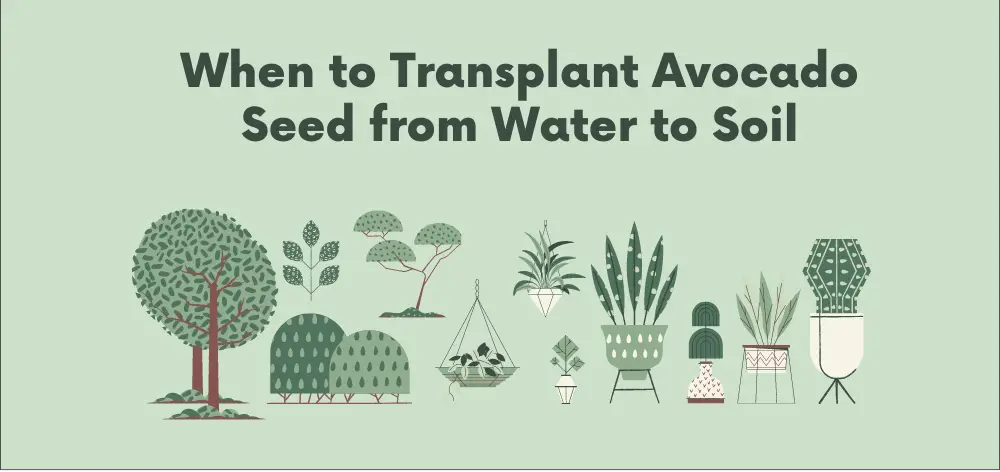Recent Articles
Maturation Period and Nitrogen Fixing Capacity of Some Cowpea (Vigna unguiculata L Walp) Varieties in Okigwe, Southeastern Nigeria
A field experiment in Umulolo, Nigeria (2020-2021), assessed the maturation and nitrogen-fixing capacities of seven cowpea varieties.
Flora Diversity, Phytosociology and Distribution Pattern of the Woody Vegetation and Its Relation to Soil Types, in Kalogi District, Nuba Mountains, Sudan
The work documents the findings of ecological parameters, which have been carried out in the low-rainfall woodland savanna of the Nuba Mountains, Sudan.
Tagetes officinalis Oil Production under Photobiology Treatments
Tagetes plant was grown widely as an herbaceous ornamental plant belonging to the family of Asteraceae. It is an economic plant species utilized in processed forms in modern medicinal processes.
Intensity of Livelihood Diversification on Food Security among Small-Scale Arable Farming Households in Benue State, Nigeria
The study analyzed the intensity of livelihood diversification and food security among arable crop small-scale farming households in Benue State, Nigeria.
Pathogenicity and Survey of Root Rot Disease of Cotton in Different Villages of Dir Upper and Dir Lower Khyber Pakhtoon Khwa Pakistan
The Survey was conducted for, the pathogenicity of root rot disease of cotton in different Village of Dir Lower and Dir Upper provoked by Rhizoctonia spp.
Phytochemical Detection and Medicinal Studies of Selected Plants from War Effected Areas of Khyber Pakhtoonkhwa Pakistan
In the present study qualitative investigation of methanolic, ethanolic and aqueous extracts of Verbascum thapsus and Micromeria biflora and Medicinal studied of Selected Plants was carried out.
Ethnobotanical Study of Village Darangal Kambat Tehsil Samarbagh, District Dir Lower, Khyber Pakhtunkhwa Pakistan
A total of 50 species of plants belonging to 35 families were collected from the research area Darangal Dir Lower. Details about their local names, descriptions of plants, and ethno-medicinal uses were also recorded.












